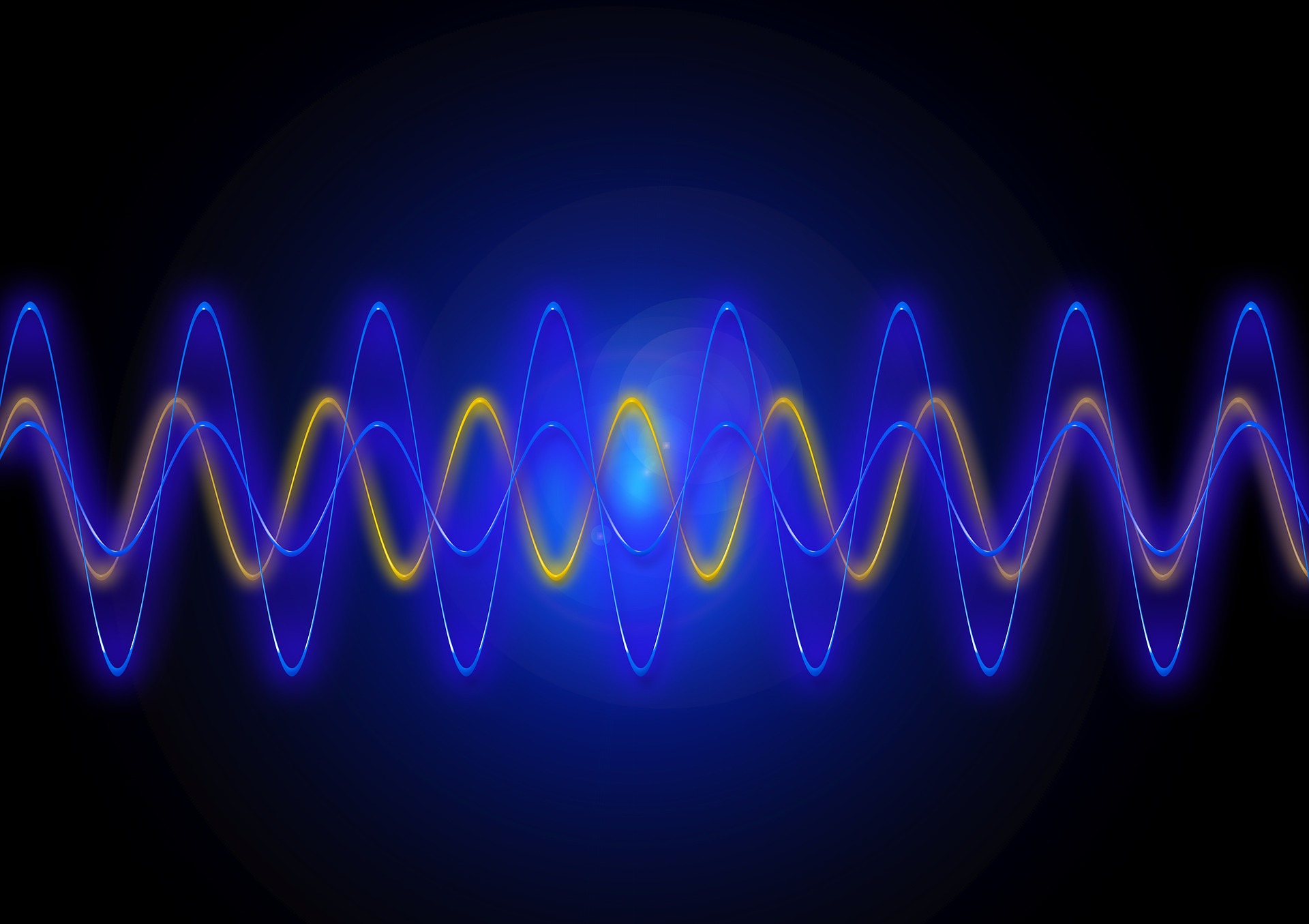Understanding High and Low-Frequency hearing loss start by differentiating the types of hearing loss which affect different areas of our hearing range. Hearing loss in the low frequency affects a person’s life very differently than a high-frequency hearing loss.
In many cases, hearing loss can be prevented, so it’s important to know symptoms and possible causes that can lead to hearing impairment.
What is Frequency?
Frequency and volume are two characteristics of a sound wave. The higher the frequency the faster sound waves vibrate.
“Frequency is the number of vibrations per second and it is measured in Hertz (Hz)“.
The most important frequencies for understanding speech are between 200 and 8000 HZ. The range of the hearing test frequency is usually from 125 to 8.000 Hz.
An example of high-frequency sound is the voices of children, while the growl of the tiger is a low-frequency sound.
High-Frequency Hearing Loss
The high-frequency hearing loss is similar to sensorineural hearing loss. It occurs when hair cells in the cochlea are damaged or missing.
A person diagnosed with this type of hearing loss is able to hear a sound like the roll of thunder but will have difficulty hearing sounds like female or children’s voices, as they are unable to hear sound between 2000 and 8000 Hz.
“The main symptom of this condition is difficult to understand conversations, especially when talking on the phone”.
Low-Frequency Hearing Loss
Low-frequency hearing loss sometimes referred to as “reverse slope hearing loss”, impacts the frequencies 2000 Hz and below.
People diagnosed with low-frequency hearing loss are still able to understand a conversation, which means that they experience fewer complications in everyday life.
This type of hearing loss does not have many symptoms, and therefore can easily be missed.
“One clue to low-frequency hearing loss is that the person has difficulty hearing in groups or in a noisy place”.
Causes of High-Frequency Hearing Loss
A wide range of causes may affect high-frequency hearing loss:
- Aging – hearing loss can be the result of the aging process. This process usually affects both ears equally, and sometimes can be difficult to identify.
- Genetics – family history can have a great influence on hearing loss.
- Noise – the damage to hearing can occur over time by constant exposure no noise, or it can be a result of one-time loud exposure to noise.
- Exposure to certain drugs – some types of drugs can be harmful to your hearing.
Causes of Low-Frequency Hearing Loss
Even though this type of hearing loss occurs less than a high-frequency hearing loss it is important to take it seriously considering how difficult it can be to recognize it.
Considering that there are no real symptoms of this form of hearing loss many individuals don’t even realize they have this problem.
There is a number of different elements that can cause low-frequency hearing loss, and the most common are:
- Wolfram Syndrome 1 – The studies have shown that mutation in the WFS1 gene can cause low-frequency hearing loss.
- Meniere’s Disease – the disease of the middle ear that typically affects one ear. The main symptoms include vertigo, nausea, tinnitus and pressure or pain in the ear.
- Hereditary -the condition is passed down the generations. Check if you might be genetically predisposed to get it as well.
Other possible causes include:
- Renal Failure
- Medications
- Infections
Prevention and Treatment
Considering the fact that understanding high and low-frequency hearing loss is important, and not reversible, you should do anything you can to prevent it.
- Avoid long exposure to noise, especially if it’s higher than 85 dB.
- When you have to spend some time in a noisy environment make sure to use proper protection.
- Check your family’s medical history for hearing loss and if you realize you have genetic predisposition to develop it as well make sure to test your hearing regularly.
Treatment options for both low and high-frequency hearing loss are limited, and often there is only a little that can be done medically. But there are various options for appropriate hearing aids that can help a person to hear more effectively.
The degree of the hearing loss can be mild, moderate, or severe. For this reason, individual assessment is necessary in order to manage the condition and choose the best treatment option.
After testing your hearing, a hearing professional can provide you with the best solution for you. So if you think that you might have hearing problems, do not hesitate to make an appointment with your doctor as soon as possible.



